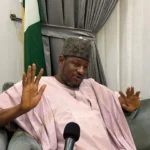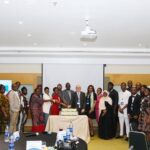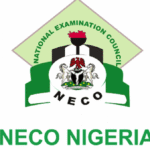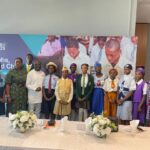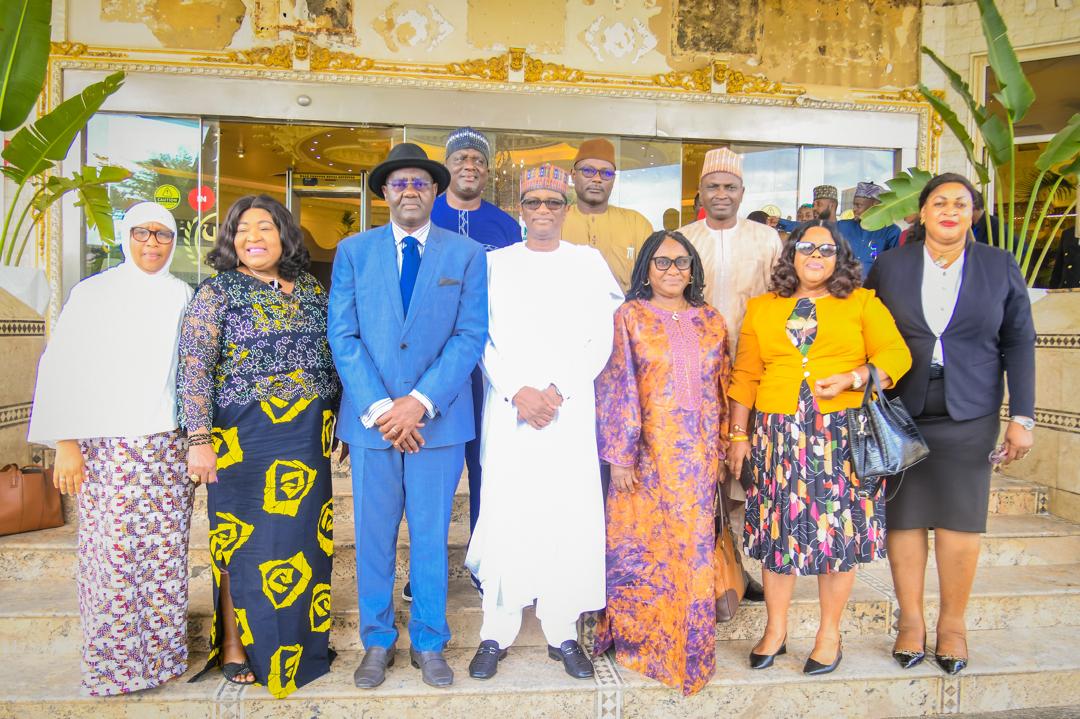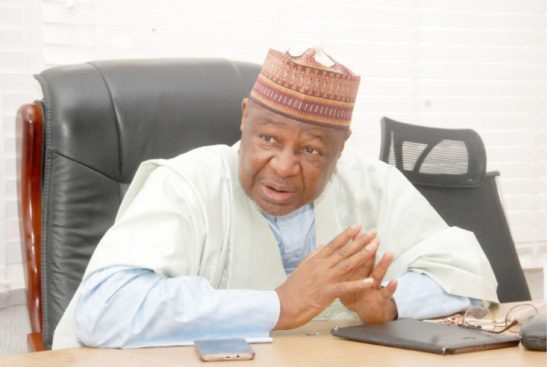Agency unveils strategy to combat desertification, reduce poverty
By Abigael Joshua The National Agency for the Great Green Wall (NAGGW) has unveiled strategy to combat desertification, reduce poverty and ensure sustainable development in Nigeria’s dry lands. The agency’s Council Chairman, Sen. Magnus Abe, said this during the induction and familiarisation meeting of the 3rd National Council of theContinue Reading





